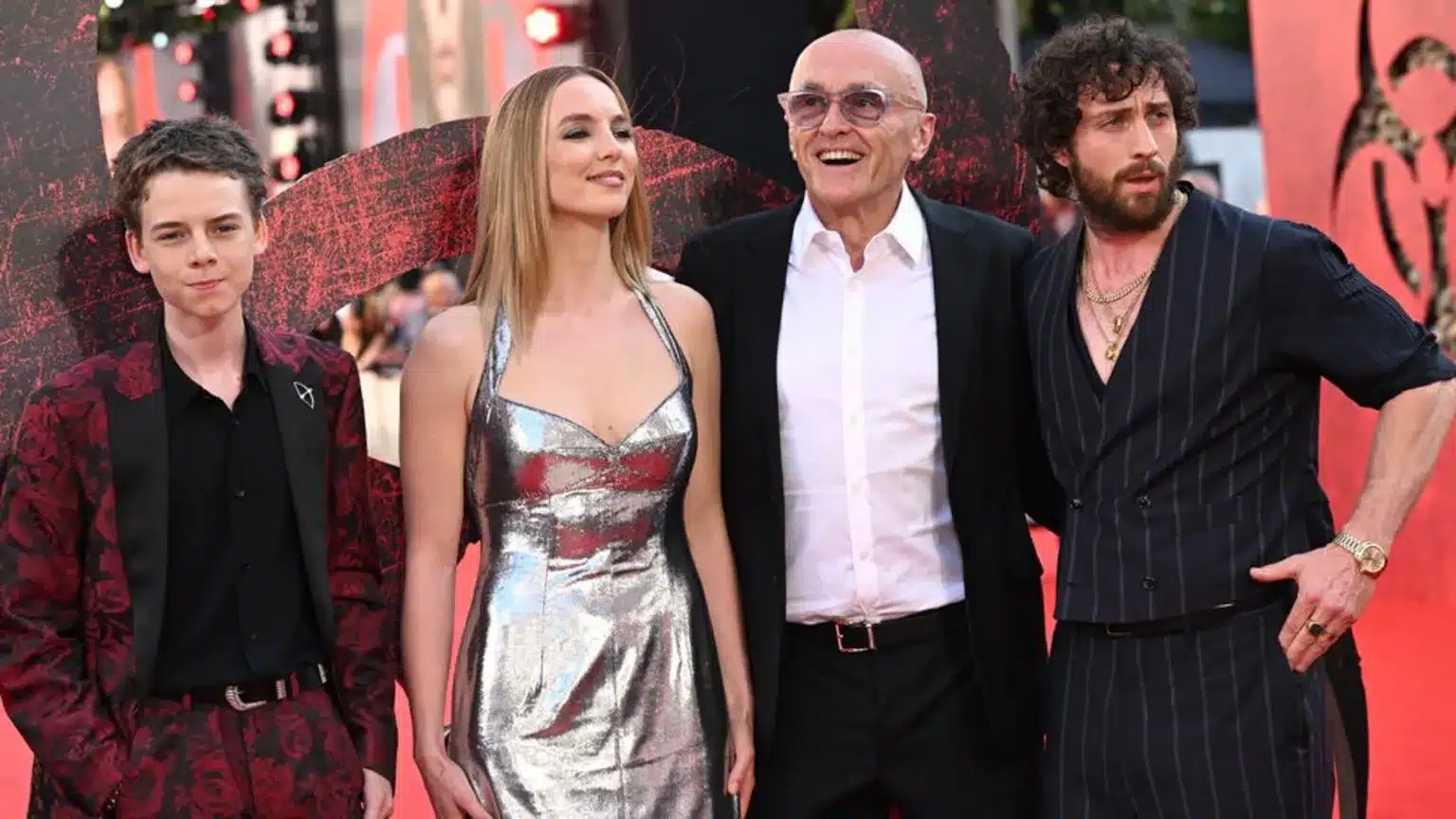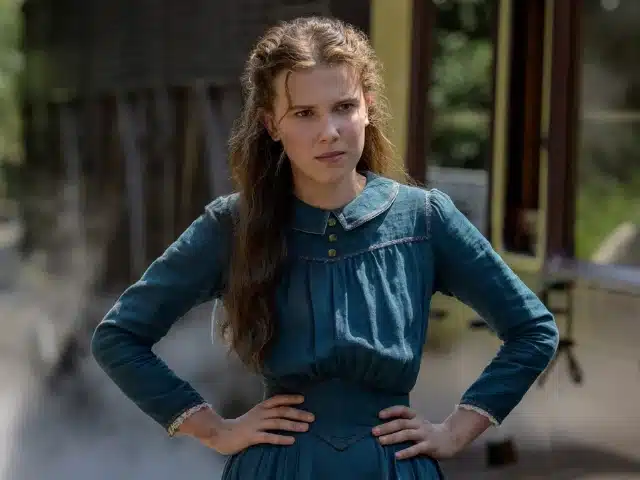The White Lotus – Season 3, Episode 8: “Amor Fati” (Recap)
The White Lotus Season 3 concludes with its most ambitious and emotionally charged episode to date. Titled “Amor Fati,” the finale brings the Thailand-set chapter to a close, intertwining themes of fate, privilege, and the consequences of moral compromise. Spanning 90 minutes, the episode delivers a series of shocking twists, tragic deaths, and moments of personal reckoning for the characters.
The Ratliff Family: A Narrow Escape
Timothy Ratliff, overwhelmed by financial ruin and disillusionment with his family’s superficiality, devises a plan to poison his family using a concoction made from the toxic “Suicide Tree” fruit. He prepares piña coladas laced with the poison, intending a murder-suicide to spare them from future suffering. However, a moment of hesitation leads him to abort the plan, discarding the drinks.
Unbeknownst to him, his son Lochlan later uses the same blender to make a protein shake, inadvertently ingesting remnants of the poison. Lochlan collapses but survives, symbolizing the unintended consequences of Timothy’s actions. The family departs Thailand physically unharmed but emotionally scarred, with Timothy acknowledging that their lives are irrevocably changed.

Rick and Chelsea: A Tragic Love Story
Rick Hatchett’s quest for closure leads him to confront Jim Hollinger, whom he believes is responsible for his father’s demise. In a heated encounter, Rick shoots and kills Jim, only to learn that Jim was, in fact, his biological father. The revelation comes too late, and a shootout ensues with Jim’s security detail.
Chelsea, caught in the crossfire, is fatally wounded. Rick, devastated, carries her body to a lily pond, where he is subsequently shot and killed by Gaitok, the resort’s security guard, acting under orders. Their deaths underscore the series’ recurring themes of miscommunication and the tragic consequences of unresolved trauma.

Belinda’s Moral Compromise
Belinda, the spa manager from Season 1, finds herself entangled in a moral quandary when Greg offers her a $100,000 bribe to keep silent about his involvement in Tanya’s death. With her son Zion’s encouragement, Belinda negotiates for a $5 million payout instead. She accepts the deal, abandoning her business aspirations and her budding relationship with Pornchai. This decision marks a significant shift in her character, suggesting a potential transformation into a more morally ambiguous figure in future seasons.
Gaitok’s Dilemma
Gaitok, the resort’s security guard, faces a moral dilemma when ordered to kill Rick following the shootout. Despite his initial hesitation, he complies, shooting Rick and earning a promotion to Sritala’s private security detail. This act grants him professional advancement but at the cost of his personal integrity, highlighting the complex interplay between duty and morality.
The Women’s Retreat: A Fractured Friendship
Laurie, Jaclyn, and Kate, longtime friends on a wellness retreat, confront the fractures in their relationship. Laurie’s emotional breakdown leads to a heartfelt reconciliation, with the trio acknowledging the changes in their decades-long friendship. Their storyline serves as a commentary on the evolving nature of personal relationships and the challenges of maintaining connections over time.

Themes and Symbolism
“Amor Fati,” translating to “love of fate,” encapsulates the episode’s exploration of accepting one’s destiny. The title reflects the characters’ varied responses to their circumstances, whether through resignation, resistance, or transformation. The episode employs rich symbolism, such as the poisoned piña coladas and the lily pond, to underscore themes of mortality, rebirth, and the consequences of choice.
Conclusion
The Season 3 finale of The White Lotus delivers a complex tapestry of interwoven narratives, each examining the human condition through the lens of privilege, morality, and fate. While some characters find redemption or closure, others succumb to their flaws, leaving viewers to ponder the intricate dynamics of human behavior. As the series continues to evolve, it remains a poignant commentary on the complexities of modern life.














Post Comment